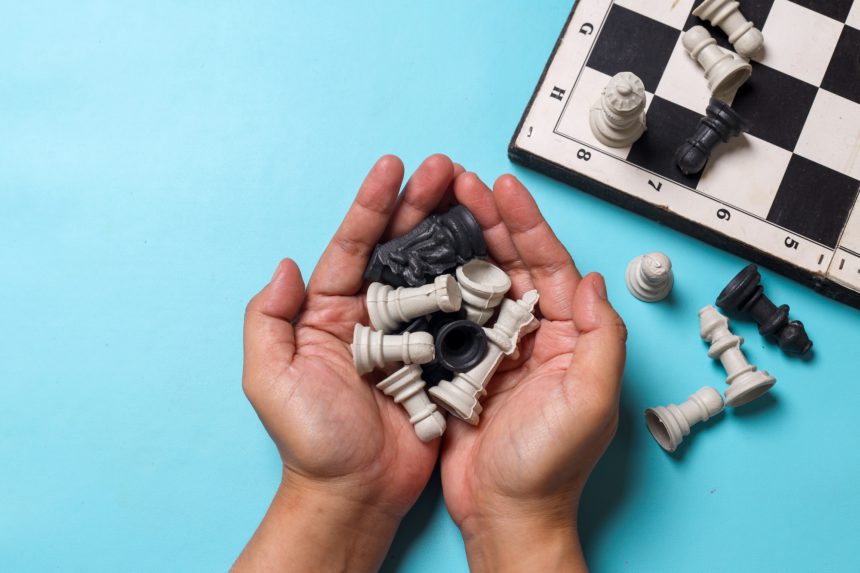Train Your Mind: The Benefits of Puzzles, Logic Games, and Crosswords
In an age where mental agility is increasingly valued, training your mind has never been more important. Engaging in puzzles, logic games, and crosswords can significantly enhance cognitive function, improve memory, and even stave off age-related decline. This article explores the myriad benefits of these brain-training activities and provides insights into how they can keep your brain in shape.
The Science Behind Brain Training
Research has shown that mental exercises can lead to improved cognitive abilities. A study published in the journal “Psychological Science” found that older adults who engaged in cognitive training showed significant improvements in memory and reasoning skills. The brain is like a muscle; the more you use it, the stronger it becomes. Here are some key findings:
- A study by the National Institute on Aging found that participants who regularly engaged in mentally stimulating activities had a 63% lower risk of developing Alzheimer’s disease.
- According to a report from the American Psychological Association, solving puzzles can enhance problem-solving skills and increase mental flexibility.
- Research from the University of Edinburgh suggests that engaging in cognitive activities can help maintain brain health well into old age.
Types of Brain-Training Activities
There are various forms of puzzles and games that can help keep your mind sharp. Here are some popular options:
- Crossword Puzzles: These word games challenge your vocabulary and general knowledge. They require you to think critically and recall information, which can enhance memory.
- Sudoku: This number puzzle improves logical thinking and pattern recognition. It requires concentration and strategic planning, making it an excellent brain workout.
- Logic Games: Games like chess or logic grid puzzles enhance strategic thinking and problem-solving skills. They require foresight and the ability to anticipate an opponent’s moves.
- Jigsaw Puzzles: These puzzles improve visual-spatial reasoning and can be a relaxing way to engage your mind.
Real-Life Examples and Case Studies
Many individuals have experienced the benefits of brain training firsthand. For instance, a 70-year-old retiree named Margaret began solving crosswords daily after her husband passed away. She reported not only improved memory but also a newfound sense of purpose and social engagement through crossword clubs. Similarly, a group of seniors participating in a study at a local community center showed remarkable improvements in cognitive tests after engaging in regular puzzle-solving sessions.
Moreover, a case study involving a group of college students revealed that those who regularly played logic games scored higher on standardized tests compared to their peers who did not engage in such activities. This highlights the potential of brain training to enhance academic performance as well.
How to Incorporate Brain Training into Your Routine
Integrating brain training into your daily life doesn’t have to be time-consuming. Here are some practical tips:
- Set Aside Time: Dedicate at least 15-30 minutes a day to puzzles or games. This can be during your morning coffee or before bed.
- Join a Group: Participate in local puzzle clubs or online forums. Engaging with others can make the experience more enjoyable and motivating.
- Use Apps: There are numerous apps available that offer daily puzzles and brain games, making it easy to train your mind on the go.
- Challenge Yourself: Gradually increase the difficulty of the puzzles you tackle to keep your brain challenged and engaged.
Conclusion: Keep Your Brain Fit
In conclusion, training your mind through puzzles, logic games, and crosswords is not only enjoyable but also beneficial for cognitive health. The evidence supporting the positive effects of these activities is compelling, with numerous studies highlighting their role in enhancing memory, problem-solving skills, and overall brain function. By incorporating these activities into your daily routine, you can keep your brain fit and agile, ensuring that you remain sharp and engaged at any age. So grab a puzzle book or download a brain-training app today, and start reaping the rewards of a well-exercised mind!
